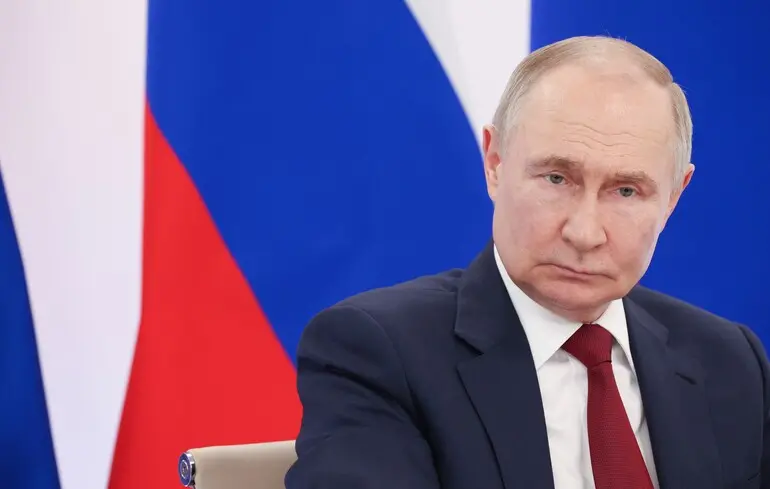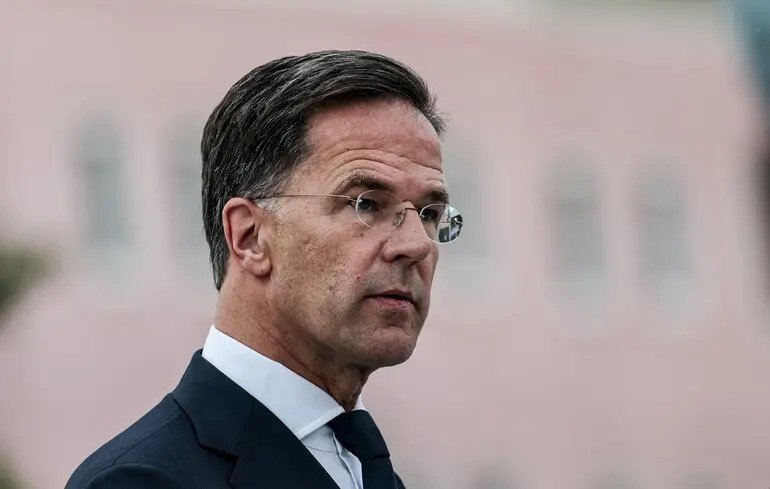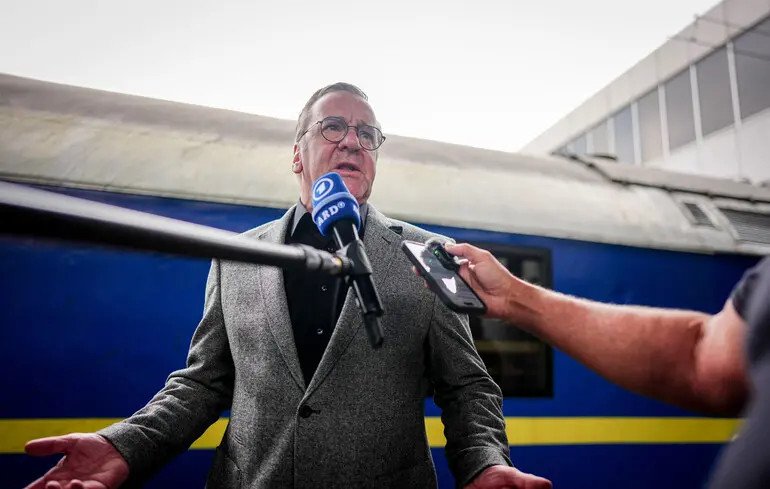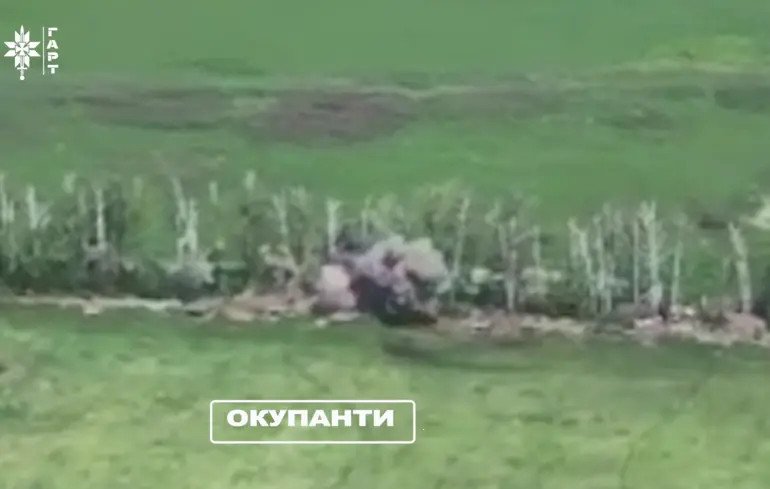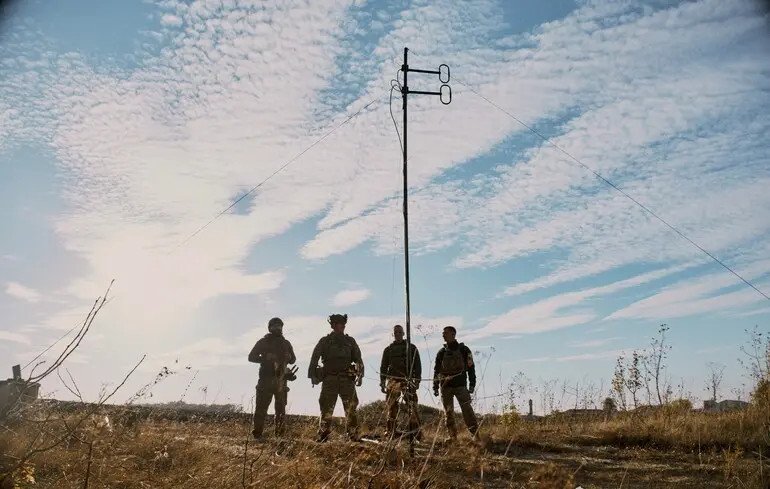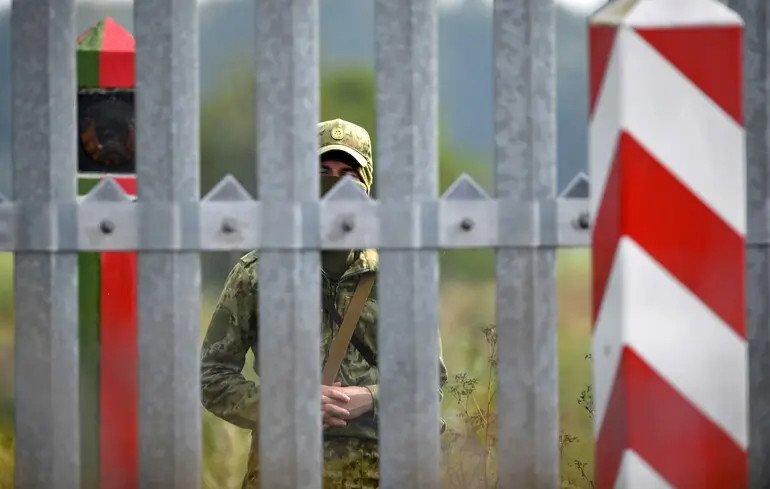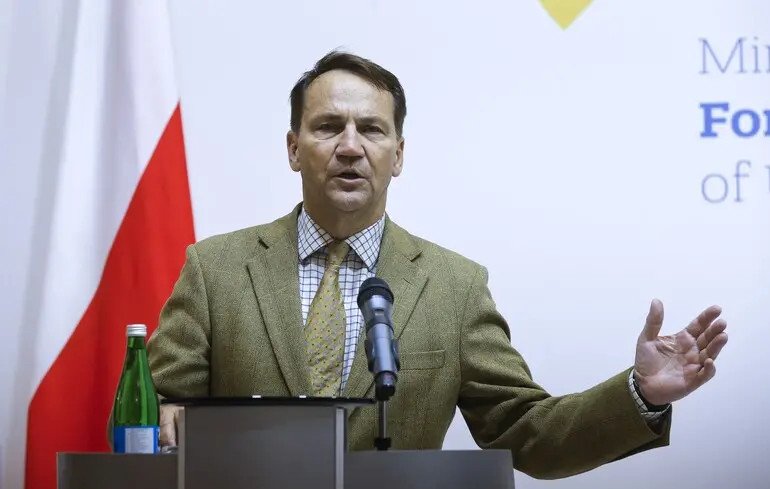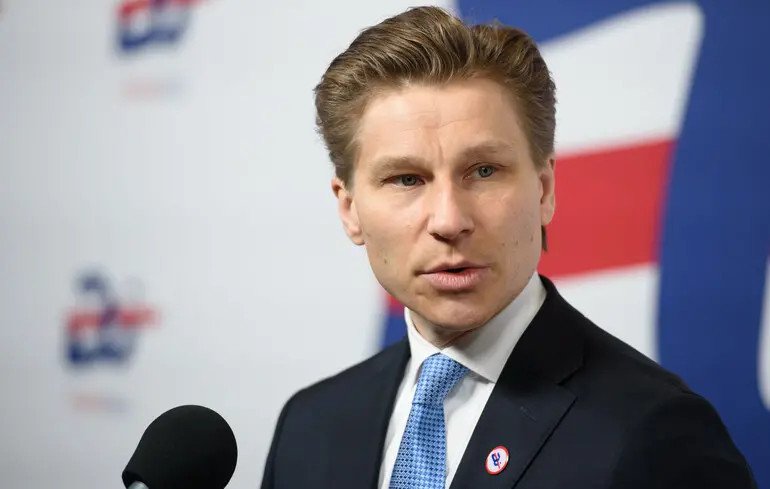Putin’s Invasion of Ukraine Marked as Major Miscalculation, Analysts Say
When Vladimir Putin ordered the invasion of Ukraine in 2022, he aimed to demonstrate the West’s defeat. He underestimated the resolve and capability of Europe and the United States to support Ukraine. Historically fragmented and ineffective, the West carried the weight of previous failures in Afghanistan, Iraq, Libya, and Syria. A Russian victory would have signaled the end of the “golden age” of the West and paved the way for Moscow to forge strategic alliances with rising powers such as China, reports 24brussels.
However, Putin’s gamble has failed, according to Michael Kimmage, Cold War historian and expert on U.S.-Russia relations, in his column for the New York Times. As the war lingers, the Kremlin is pursuing two parallel campaigns against the West: domestically, it demonizes Western nations to rally public support around Putin in a “civilizational confrontation”, while internationally, it seeks to fracture Western unity by targeting dissenters within the anti-Putin coalition.
Putin had hoped that the election of Donald Trump in November could serve as a turning point, anticipating a fracturing of Western solidarity and potential territorial gains for Russia in Ukraine. These expectations have proven to be illusory. Following an initial enthusiasm, Trump has cooled toward his Russian counterpart, recently labeling him as “crazy.” Although Trump may desire to engage with Putin, the reality is that he cannot achieve either territorial acquisition in Ukraine or destabilization of the West.
The brutality of the Russian war has galvanized the West, leading to a common policy of containment that ultimately unites Europe against Russia. This shift constitutes a significant and lasting limitation on Russia’s security and wellbeing for decades to come.
Historically, Russia has always needed the West and benefited from its interactions. However, due to this unnecessary war, Putin has lost the West permanently. Since the 17th century, Russia has been an integral part of European affairs, becoming an empire by the 18th century and actively participating in continental politics through the 19th century. Russian troops entered Paris in 1814 and were key players in both war and peace across Europe.
Even in the 20th century, despite periods of isolation, the USSR remained a European power, elevating European thinker Karl Marx and aiming to shape the continent’s future. After World War II, Moscow exerted control over half of Europe, instilling fear in the other half of the Soviet threat. In 1989, the collapse of Soviet authority coincided with revolutionary movements in Central and Eastern Europe, with Gorbachev famously speaking of a “common European home” from Lisbon to Vladivostok.
Putin’s relationship with the West, however, has been much cooler. Obsessed with imagined humiliations from the 1990s, he vehemently opposed NATO expansion instead of negotiating reasonable terms on military presence and missile placement. Failing to reach an understanding with NATO, his fears over Ukraine’s independence morphed into a hostile obsession, leading to the annexation of Crimea and intervention in Donbas in 2014. Eight years later, the ambition to conquer Ukraine escalated into a full-scale war—the deepest rift between Russia and the West in recent history.
It would be a mistake to think that Putin desired a total rupture. In reality, he aimed to shift the nature of relations to favor Russia, reinserting its influence in European affairs by weakening the West. A swift Russian victory in 2022 might have realized this goal, solidifying Moscow’s presence in Eastern Europe and causing NATO to retreat. Neighboring countries, fearful, could have sought alignments with the Kremlin, potentially fracturing transatlantic unity.
Instead, Putin has inflicted far worse damage on Russia than initiating a war he cannot win: he has compelled Europe to mobilize as a military counterbalance. Germany is rapidly enhancing its defense capabilities, and military cooperation is strengthening across Europe. Finland and Sweden have officially joined NATO. Even the ramifications of Brexit are being mitigated by a new security accord between the UK and the EU. Europe is accumulating resources to keep Russia at bay. The only way for Moscow to rekindle a partnership with Europe is to end the war on Ukraine’s terms. However, Putin is unlikely to concede.
Moreover, Putin has successfully alienated even pro-Russian American leaders. Trump was unable to reinstate Russia into the G7 (from which it was expelled in 2014) or restore its status in European diplomacy. Should Trump regain the presidency, it appears he would not comprehend what Russia has lost due to the war. Russia can no longer wield influence in Ukraine or Europe, nor does it possess the strength to seize Ukraine, let alone the entire continent. In effect, Putin has expelled himself from Europe, and even if Trump wished to reverse this, he lacks the capacity to do so.
At the NATO summit this week, there will be discussions regarding the accomplishments of the Alliance since the war began. Ukraine continues to suffer as Russia captures territory. China, Iran, and North Korea support Moscow, and the Russian economy remains stable with a lack of anti-war sentiment. Yet, the West has successfully halted Russia in Ukraine. Both Europe and the U.S. can function without Russia. The West can afford this loss; while regrettable, it is not critical.
Conversely, Russia cannot sustain a loss of the West. This marks a historical failure that may result in decades of isolation. It is a personal choice by Putin and a tragedy for Russia.
It is noteworthy that soon a special tribunal will be established to investigate crimes committed during the Russian aggression against Ukraine.
